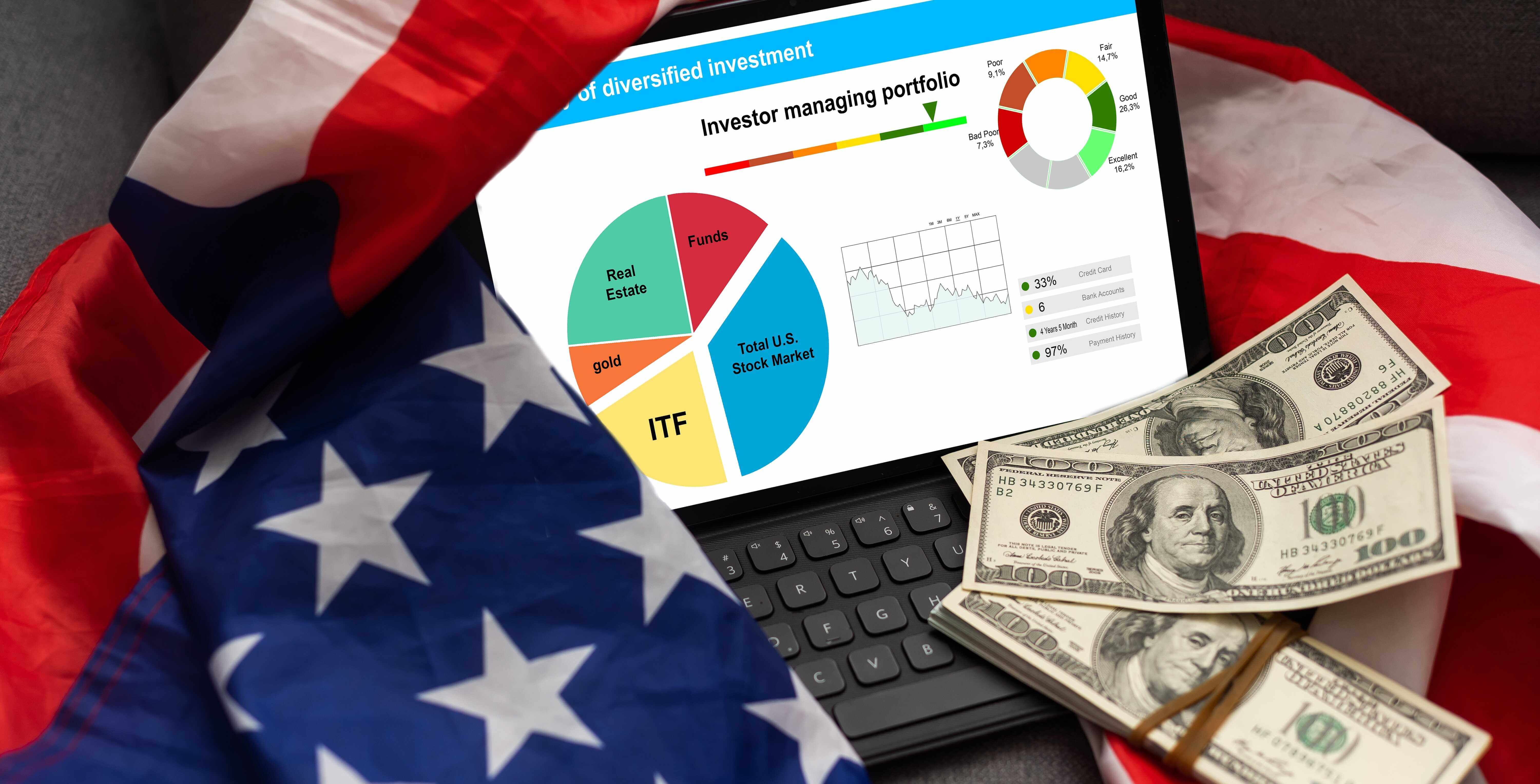Prediction: The 2 Best Vanguard Index Funds In January Will Beat The S&p 500 In 2025

January has historically been a strong month for the U.S. stock market, and that has remained true in 2025. The S&P 500 (SNPINDEX: ^GSPC) advanced 2.7% in January despite headwinds from elevated Treasury yields and uncertainty surrounding tariffs and interest rates. But the two best-performing Vanguard index funds more than doubled that number, as detailed below:
- The Vanguard Communications Services ETF (NYSEMKT: VOX) returned 7.3% in January.
- The Vanguard Health Care ETF (NYSEMKT: VHT) returned 6.7% in January.
Importantly, those market sectors are forecast to report above-average sales and earnings growth this year, according to FactSet Research. In other words, analysts expect stronger financial results from companies in communications services and healthcare than in the broader S&P 500. Consequently, I think both Vanguard index funds will continue to outperform the stock market in the remaining months of 2025.
Start Your Mornings Smarter! Wake up with Breakfast news in your inbox every market day. Sign Up For Free »
Here are the important details.
Image source: Getty Images.
1. The Vanguard Communications Services ETF
The Vanguard Communications Services ETF tracks 117 U.S. companies that provide social media, streaming entertainment, wireless, and other communications services. The index fund includes a blend of value stocks and growth stocks. The 10 largest holdings are listed by weight below:
- Alphabet: 23.6%
- Meta Platforms: 22.6%
- Netflix: 4.8%
- Walt Disney: 4.8%
- AT&T: 3.9%
- Verizon: 3.9%
- Comcast: 3.4%
- T-Mobile: 2.8%
- The Trade Desk: 1.7%
- Electronic Arts: 1.3%
Looking back, the Vanguard Communications Services ETF advanced 37% during the past year, outpacing the 26% return in the broader S&P 500. I believe that outperformance will persist throughout 2025 because communications companies are projected to deliver very strong financial results.
Specifically, analysts expect S&P 500 companies in aggregate to report revenue growth of 5.8% and earnings growth of 14.8% in 2025. Comparatively, Wall Street anticipates that communications companies will report revenue growth of 7.7%, second only to technology companies, and earnings growth of 15.2%. That makes the current sector-level valuation of 24 times earnings look very reasonable.
The Vanguard Communications Services ETF has an expense ratio of 0.1%. That means the annual fees will total $1 for every $1,000 invested in the index fund. The average expense ratio on similar funds is 0.85%, according to Vanguard.
2. The Vanguard Health Care ETF
The Vanguard Health Care ETF tracks 416 U.S. companies in the healthcare sector that generally fall into two categories: (1) companies that manufacture healthcare equipment or provide healthcare services and (2) companies involved in pharmaceutical and biotechnology research. The 10 largest holdings in the index fund are listed by weight below:
- Eli Lilly: 10.7%
- UnitedHealth Group: 8.1%
- AbbVie: 4.8%
- Johnson & Johnson: 4.4%
- Merck: 4.1%
- Thermo Fisher Scientific: 3.4%
- Abbott Laboratories: 3.3%
- Intuitive Surgical: 3.1%
- Pfizer: 2.5%
- Danaher: 2.5%
Looking back, the Vanguard Health Care ETF returned only 7% in the last year, dramatically underperforming the 26% return in the S&P 500. But Fidelity portfolio manager Edward Yoon recently wrote, "Low current valuations could provide an opportunity for investors who want exposure to a sector with strong long-term drivers -- chief among them an aging U.S. population increasingly in need of medical care."
As mentioned, analysts expect S&P 500 companies in aggregate to report sales growth of 5.8% and earnings growth of 14.8% in 2025. Comparatively, healthcare companies are forecast to report revenue growth of 6.2% and earnings growth of 20.6%, second only to the technology sector. That makes the current sector-level valuation of 31 times earnings look reasonable.
The Vanguard Health Care ETF has an expense ratio of 0.1%, meaning the annual fees will total $1 for every $1,000 invested in the index fund. According to Vanguard, the average expense ratio on similar funds exceeds 1%.
Don’t miss this second chance at a potentially lucrative opportunity
Ever feel like you missed the boat in buying the most successful stocks? Then you’ll want to hear this.
On rare occasions, our expert team of analysts issues a “Double Down” stock recommendation for companies that they think are about to pop. If you’re worried you’ve already missed your chance to invest, now is the best time to buy before it’s too late. And the numbers speak for themselves:
- Nvidia: if you invested $1,000 when we doubled down in 2009, you’d have $311,343!*
- Apple: if you invested $1,000 when we doubled down in 2008, you’d have $44,694!*
- Netflix: if you invested $1,000 when we doubled down in 2004, you’d have $526,758!*
Right now, we’re issuing “Double Down” alerts for three incredible companies, and there may not be another chance like this anytime soon.
*Stock Advisor returns as of January 27, 2025
Randi Zuckerberg, a former director of market development and spokeswoman for Facebook and sister to Meta Platforms CEO Mark Zuckerberg, is a member of The Motley Fool's board of directors. Suzanne Frey, an executive at Alphabet, is a member of The Motley Fool's board of directors. Trevor Jennewine has positions in The Trade Desk and Walt Disney. The Motley Fool has positions in and recommends AbbVie, Abbott Laboratories, Alphabet, Danaher, FactSet Research Systems, Intuitive Surgical, Merck, Meta Platforms, Netflix, Pfizer, The Trade Desk, Thermo Fisher Scientific, and Walt Disney. The Motley Fool recommends Comcast, Electronic Arts, Johnson & Johnson, T-Mobile US, and UnitedHealth Group. The Motley Fool has a disclosure policy.


